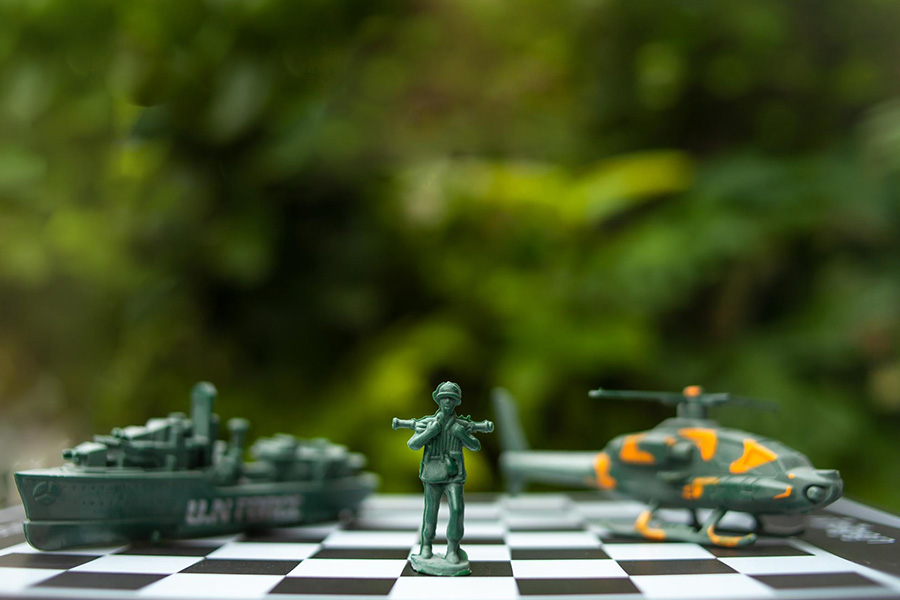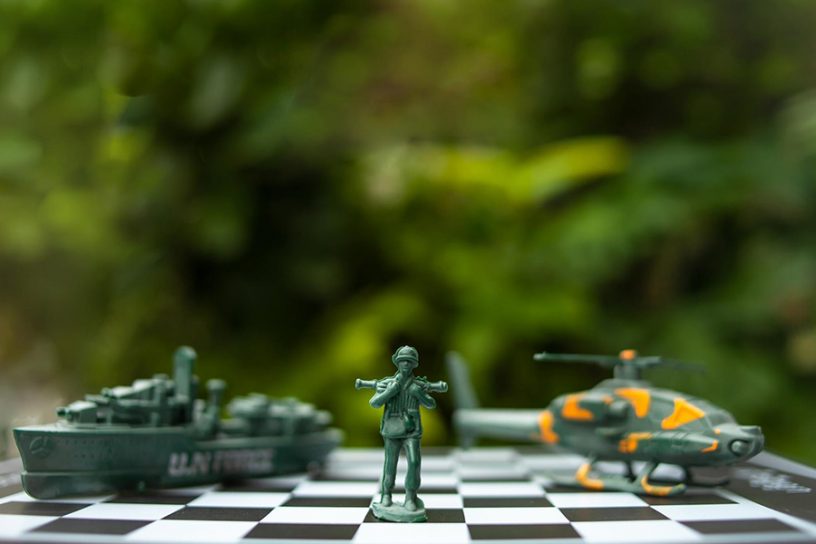
This study examines the role of world military games in creating, establishing and maintaining peace with a descriptive-analytical method.
Authors
Subhrajit Chanda, PhD Candidate, GD Goenka Law School, GD Goenka University, Sohna, Gurugram, Haryana, India; Assistant Professor, Jindal Global Law School, O.P. Jindal Global University, Sonipat, Haryana, India.
Seyed Mohammad Hosseini, Department of Law, Faculty of Literature and Humanities, Gonabad University, Gonabad, Iran.
Summary
Peace is the ideal that humanity has been pursuing since the beginning of creation. Absence of war is one of the main components of peace. But the absence of conflict is not the only way to establish peace. Sports and sports games are one of the most important components that are not only effective in shaping and creating peace, but also have a great impact on maintaining, establishing, and continuing it.
Sport reduces the sense of revenge and hatred between different races and nations towards each other and is replaced by reconciliation and brotherhood. Sport has also been able to build the capacity to reduce tensions and conflicts between ethnicities and nations and even states in recent decades.
The International Military Sports Council (IMSC) or Conseil International du Sport Militaire (CISM) by holding sports competitions between the world’s military tried to build and maintain peace. This study examines the role of world military games in creating, establishing and maintaining peace with a descriptive-analytical method.
After discussion and conclusion, it has been concluded that the role of CISM in shaping, maintaining and establishing peace is evaluated as effective and efficient.
Published in: Resmilitaris
To read the full article, please click here.


